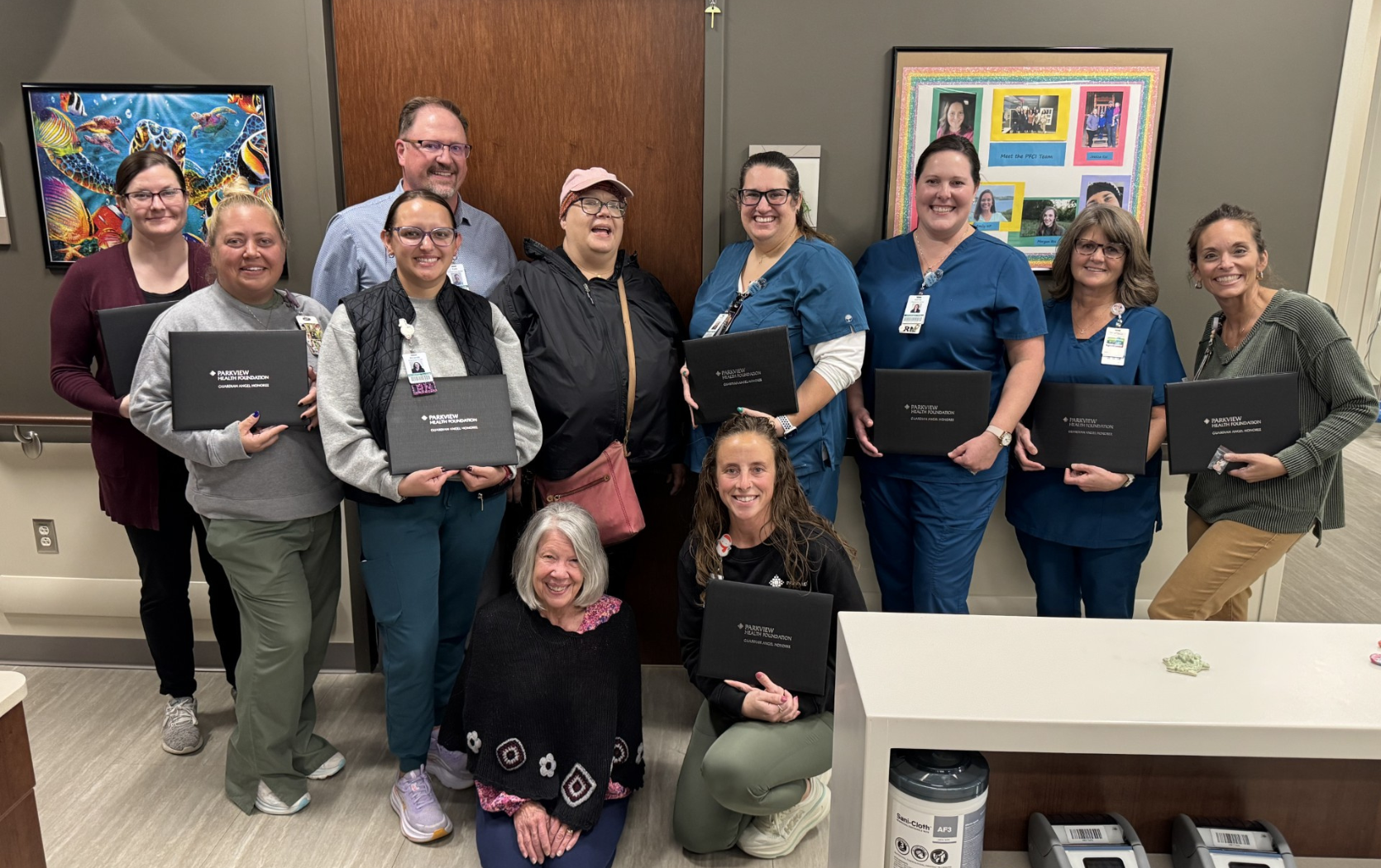
It’s common knowledge that a good night of sleep can have a positive impact on our mental and physical health. But did you know that it’s also important for the management of diabetes? Emily Schroeder, MD, PPG – Endocrinology, shares how poor sleep can affect the condition and how you can turn things around and get better quality rest.
How much sleep do I need?
In general, adults should aim for getting at least 7 hours of sleep a night. It’s also important that you are keeping a consistent sleep schedule.
If you have diabetes, getting too little sleep can:
- Increase insulin resistance
- Increase hunger
- Make it harder to lose weight
- Increase blood pressure
- Increase risk of depression and anxiety
What is good sleep hygiene?
Healthy habits, or sleep hygiene, is important for everyone, especially those with diabetes, and it can help increase both the quantity and quality of sleep.
Good sleep hygiene includes:
- Having a nightly routine that includes a time for relaxing before bedtime.
- Removing electronic devices from the bedroom.
- Keeping the bedroom dark, relaxing and cool.
- Getting physical activity during the day.
- Avoiding caffeine in the afternoon and evening, alcohol in the evening, large meals late at night and nicotine.
Sleep disorders and diabetes
While good sleep hygiene is important, sometimes it’s not enough for those with diabetes. Obstructive sleep apnea and other sleep disorders are common in type 2 diabetes. In fact, an estimated 23% of individuals with type 2 diabetes have obstructive sleep apnea, and over half of people with type 2 diabetes may have sleep-disordered breathing.
Symptoms of obstructive sleep apnea include excessive daytime sleepiness, snoring or stopping breathing (apnea) while asleep. If you have any of these symptoms, please discuss them with your healthcare team. You can often receive an obstructive sleep apnea diagnosis after completing a convenient at home sleep study, and treatment has been shown to improve quality of life and blood pressure.
If you have any concerns about managing your diabetes, don’t hesitate to reach out to the Diabetes Services team or your primary care physician for assistance. Your doctor can also provide a referral to PPG – Sleep Medicine, should you need to investigate any potential sleep issues.



